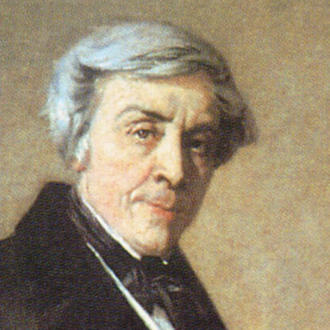Vi bruger cookies til at forbedre Bookmate-webstedsoplevelsen og vores anbefalinger.
For at få mere at vide, skal du læse vores cookiepolitik.
For at få mere at vide, skal du læse vores cookiepolitik.
Accepter alle cookies
Cookie-indstillinger
His father was a master printer, not very prosperous, and Jules assisted him in the actual work of the press. A place was offered him in the imperial printing office, but his father was able to send him to the famous Collège or Lycée Charlemagne, where he distinguished himself. He passed the university examination in 1821, and was soon appointed to a professorship of history in the Collège Rollin.Soon after this, in 1824, he married. This was one of the most favourable periods ever for scholars and men of letters in France, and Michelet had powerful patrons in Abel-François Villemain and Victor Cousin, among others. Although he was an ardent politician (having from his childhood embraced republicanism and a peculiar variety of romantic free-thought), he was above all a man of letters and an inquirer into the history of the past. His earliest works were school textbooks. Between 1825 and 1827 he produced diverse sketches, chronological tables, etc, of modern history. His précis of the subject, published in 1827, is a sound and careful book, far better than anything that had appeared before it, and written in a sober yet interesting style. In the same year he was appointed maître de conferences at the École normale supérieure. Four years later, in 1831, the Introduction à l'histoire universelle showed a very different style, exhibiting the idiosyncrasy and literary power of the writer to greater advantage, but also displaying, in the words of the Encyclopedia Britannica, Eleventh Edition, "the peculiar visionary qualities which made Michelet the most stimulating, but the most untrustworthy (not in facts, which he never consciously falsifies, but in suggestion) of all historians."
mere
Bøger
fb2epub
Træk og slip dine filer
(ikke mere end 5 ad gangen)

